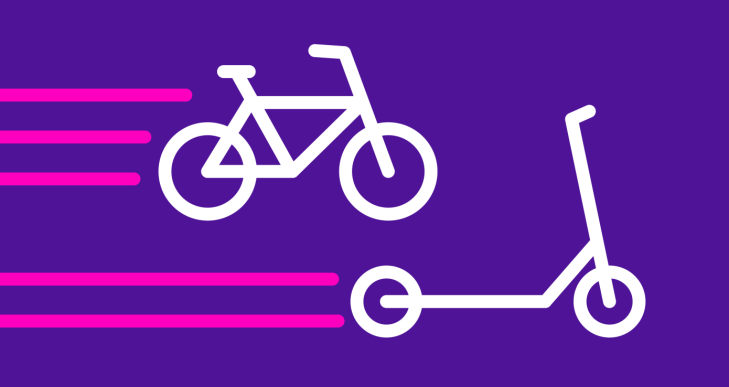The emerging business of offering bikes and scooters on demand has not always been very smooth, and today comes one of the latest bumps: TechCrunch has learned and confirmed that Liam O’Connor, an executive hired to help transportation company Lyft build its bike and scooter operations, has left after seven months with the newly-public company.
The change comes some two weeks after Lyft had to pull thousands of e-bikes off the roads in New York, San Francisco and Washington, DC due to faulty brakes. Lyft says that the move is not due to this, but to O’Connor deciding to take a job “close to his heart.”
“Yes, he’s taking on a new role that is close to his heart where he will be spending much of his time out of the country, and will remain a close advisor to Lyft,” a spokesperson said in a statement. “We’ve elevated an internal candidate who has been an outstanding product leader for the past two years and we’re excited to continue the progress we’ve made with Lyft Bikes and Scooters.”
We understand that O’Connor will be joining Zipline, the startup that delivers medicine by drone in Africa. He is being replaced by Dor Levi, who had been Lyft’s director of product for Marketplace, Shared Rides, Transit, and Bikes and Scooters (and had also spent some time at Uber in the middle of his years at Lyft) is the new head of the division, with John Zimmer — Lyft’s co-founder and president — also spending significant time on the operation.
O’Connor isn’t the only person who has recently left the business. Justine Lee, who was general counsel (leading on legal and regulatory) and VP of corporate development at Motivate, is leaving the company. Others include Lynn Fischer, who had been head of marketing and growth for Citi Bikes, left back in December, and Jelle Vastert, who had been recruited to help run the bike and scooter division but left after four months last year — from what we understand because of a change of heart about relocation (he’s based in The Netherlands).
Another significant personnel change in the bike and scooter division was that in March, some 50 people were let go.
There are clearly different reasons behind these various changes, but collectively the departures and some of the other events like the e-bikes getting pulled over technical problems underscore the challenges in forging into the new business area, and some of the instability that comes along with all that.
O’Connor was a high profile hire when he joined as chief procurement officer and head of the bike and scooter division in November 2018 — having held top supply positions at Tesla and before that Apple.
O’Connor’s joining Lyft ahead of its IPO was a signal of how the company planned to continue diversifying its business into different modes of transportation beyond private vehicles.
That diversification is seen as an essential step for highly capitalised transportation-on-demand businesses to take as a way of leveraging their scale and brand to reach a wider range of users and use-cases. (It’s a strategy that is also being followed by Uber.)
Lyft’s own efforts in diversifying into multi-modal transporation have seen some downs, but also some ups.
In terms of progress, the company has now integrated Citi Bike into the Lyft app and is planning to expand the bike sharing effort to more cities. And it recently won a bid to be the exclusive bikeshare provider in Chicago for the next nine years. In scooters, it’s now in 15 markets, showing steady progress on that front. From what we understand, Lyft is still very committed to growing that area of its business.
